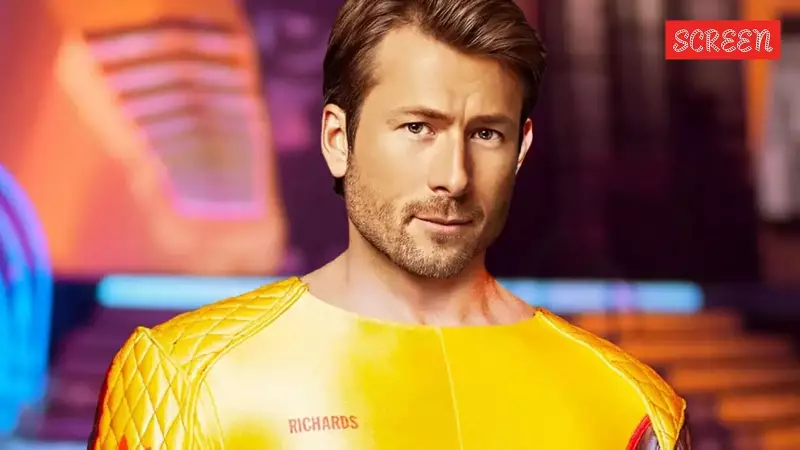
The year 2025 has finally arrived, and with it comes the long-awaited new adaptation of Stephen King's seminal dystopian novella, The Running Man. Directed by Edgar Wright and headlined by Glen Powell, the film enters a cinematic landscape that finds our reality uncomfortably close to King's fictional nightmare. Despite this timely premise and a promising start, the 2025 version of The Running Man ultimately stumbles, becoming a noisy, repetitive drag that fails to capitalize on its potent source material.
From Page to Prophecy: Stephen King's Prescient Vision
Originally published in 1982, Stephen King's novella painted a picture of a future so staggeringly unequal it once felt like pure fiction. In King's world, the wealthy reside in heavily guarded enclaves, while the poor are forced into desperate slums. A simple case of the flu can be a death sentence for a child if her parents cannot afford medicine. To keep the populace docile, a totalitarian regime employs a 24/7 stream of violent, screaming entertainment, effectively numbing citizens to their grim realities.
The 1985 film adaptation, starring Arnold Schwarzenegger, reimagined the protagonist, Ben Richards, as a muscle-bound hero of righteous anger. The 2025 version, coincidentally released in the very year King set his story, attempts a more grounded approach with Glen Powell in the lead. The film begins strongly, establishing a world where Donald Trump’s America and other global regions, including our own, mirror the novella's disturbing universe with eerie accuracy.
A Promising Setup That Loses Its Way
The plot kicks off with a compelling hook. Glen Powell's Ben Richards is a desperate man, pushed to the brink by a system that has failed him and his family. His baby daughter is sick, and medical bills are mounting. The villainous Network boss, played with sinister charm by Josh Brolin, dangles a massive cash prize, luring Ben to abandon his despairing wife (Jayme Lawson) and join the Network's most popular and brutal show: The Running Man.
This modern-day gladiator spectacle, emceed by the frenetic Colman Domingo, pits contestants against vicious, masked Goons led by Lee Pace. For every day a participant survives the hunt, money is added to their account. The public, transformed into a bloodthirsty mob, is encouraged to participate, earning cash and fleeting fame for pointing out the runners. The setup is a sharp critique of reality television, class disparity, and propaganda, asking the poignant question: Why would anyone become a cog in this machine?
Where the Film Falters: A Lack of Depth and Pace
While the initial concept is gripping, the execution soon falters. The film attempts to maintain a frantic pace, filled with Ben diving from high windows and hijacking self-driving cars in a desperate bid to escape his armed pursuers. However, these action sequences become repetitive, interrupting any meaningful character progression.
A bright spot arrives in the form of Michael Cera as a quick-witted rebel who provides Ben—and the audience—a much-needed respite from the breathless, and eventually monotonous, chases. When confronted about his participation in the propaganda machine, Ben's justification that he is doing it for his family is a moment that should cut deep. Unfortunately, Glen Powell doesn't quite possess the dramatic depth to mine the emotional complexity of his character's dilemma.
The film, much like its protagonist, stays on the surface. It becomes a drag, failing to evolve beyond its initial premise. The social commentary, which should be the film's powerful core, gets lost amidst the noise and thunder of underwhelming action, leaving the audience with a sense of unfulfilled potential.
The Running Man movie cast includes Glen Powell, Josh Brolin, Colman Domingo, Michael Cera, Emilia Jones, Lee Pace, Jayme Lawson, and William H Macy. The Running Man movie director is Edgar Wright, and our The Running Man movie rating is a disappointing 2.5 stars out of 5.






